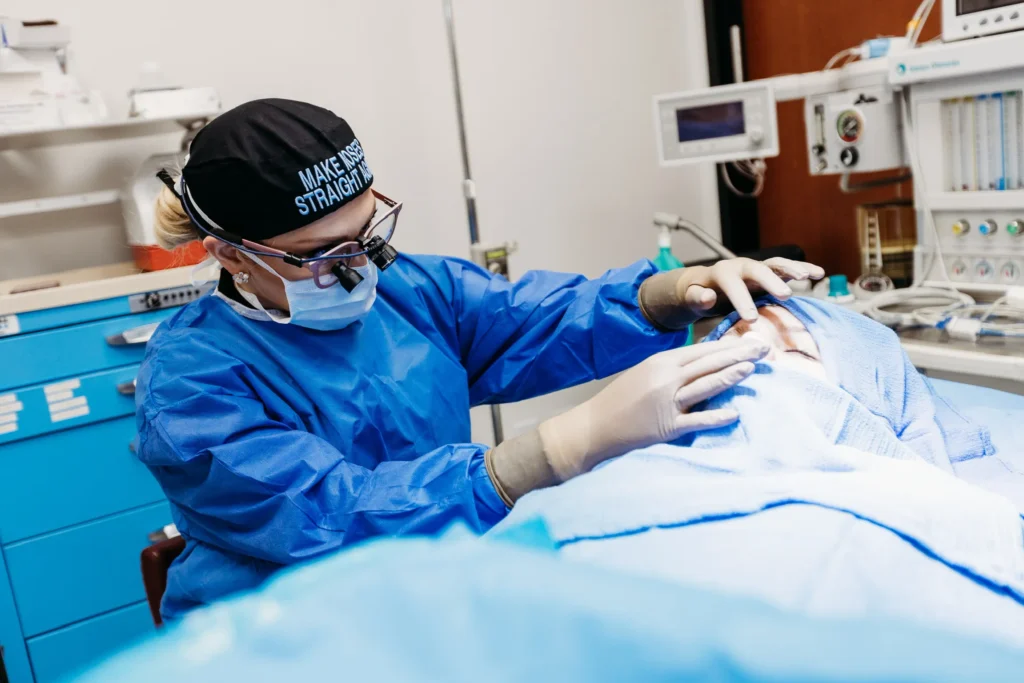If you’re preparing for an orthopedic surgery consultation, make sure you have everything you need beforehand. Knowing how to prepare for your visit to a clinic for orthopedics helps you get the most out of your appointment and supports your path to recovery. Here are some steps to prepare yourself:
Gather Medical Records
One of the first steps to prepare for your consultation is collecting your medical records. Having a complete health history allows your surgeon to make an accurate assessment of your condition. If you’ve seen other specialists, undergone imaging scans like X-rays or MRIs, or had previous treatments, bring those records to your appointment. Most clinics accept records digitally or in printed format, so choose the option that suits you best.
Additionally, if you’re taking any medications or supplements, create a list that includes their names and dosages. This information helps your doctor understand your health better. It also helps them identify potential interactions with post-surgery medications or treatments.
Write Down Questions
Walking into your consultation for orthopedics with questions prepared helps you stay focused and address any concerns. Write down what you’d like to know about the surgery, recovery process, or alternative treatment options. For example, you might ask about the duration of the surgery, potential risks, expected recovery time, or even rehabilitation steps. Bringing a notepad or using your phone to take notes during the consultation will help you remember the answers later.
Bring Your Insurance Information
Before heading to your appointment, double-check that you’ve packed all necessary insurance details. This step helps the clinic process your coverage efficiently and reduces confusion when discussing payment options. Having your insurance card or relevant documents on hand also ensures you won’t face delays if certain pre-surgery approvals or verifications are required. If you’re unsure whether your insurance covers specific procedures, contact your insurance provider beforehand to get clarity on what to expect.
Dress Comfortably
Wearing comfortable clothing to your consultation makes it easier during the physical examination. Depending on the area of concern, the doctor may ask you to move, stretch, or demonstrate flexibility. Loose-fitting or easy-to-remove clothing, like sweatpants, will make this process smoother.
Understand the Consultation Process
Knowing what to expect during the consultation removes much of the uncertainty. Typically, the appointment begins with a detailed discussion about your symptoms, medical history, and goals for recovery. The surgeon may review any imaging results you’ve brought or recommend additional scans.
A physical examination often follows, where the doctor assesses your range of motion, strength, and any physical limitations related to the affected area. Based on this evaluation, your surgeon will discuss treatment options. Try these tips:
- Arrive Early: Arrive 15–20 minutes before your appointment so you have time to complete any paperwork or questionnaires.
- Bring a Support Person: Having a friend or family member accompany you provides support. They can also remember details from the discussion that you might miss.
- Create a Recovery Plan: While not necessary for the first consultation, thinking about how surgery might impact your daily life can help you mentally and practically prepare.
Schedule an Appointment for Orthopedics
Preparing for an orthopedic surgery consultation doesn’t have to be a major challenge. By following these steps, you’ll feel confident and ready to engage in a productive conversation with your surgeon. This process is about empowering yourself with the knowledge and planning needed to take control of your health. If you have additional questions or feel uncertain about anything leading up to your appointment, don’t hesitate to reach out to your clinic.

